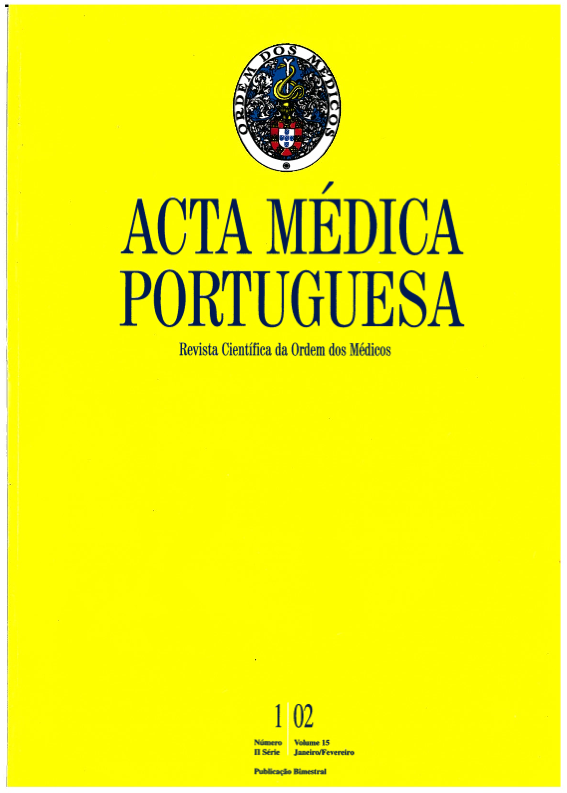Developmental delay in children with iron deficiency anemia. Can this be reversed by iron therapy?.
DOI:
https://doi.org/10.20344/amp.1914Abstract
To compare development of 17 children aged 12 months with iron deficiency anaemia (IDA) and 18 controls without IDA after a 3-months follow-up period and iron therapy in the IDA group.Development of all children was evaluated using the Griffith's Scale. Data was collected on parent's social class and education, breast-feeding, number of siblings and clinical nutritional status.At 12 months children with IDA had significantly lower development scores--mean (sd)--than those without IDA: 112(5) vs. 121(7). At 15 months, after iron therapy, there were no significant differences between cases and controls. Non-IDA children showed significantly lower development scores at 15 months when compared with 12 months (121 vs 115).The study shows that iron therapy can revert some of the adverse effects in the development of children with IDA and therefore both IDA prevention and treatment can be justified.Downloads
Downloads
How to Cite
Issue
Section
License
All the articles published in the AMP are open access and comply with the requirements of funding agencies or academic institutions. The AMP is governed by the terms of the Creative Commons ‘Attribution – Non-Commercial Use - (CC-BY-NC)’ license, regarding the use by third parties.
It is the author’s responsibility to obtain approval for the reproduction of figures, tables, etc. from other publications.
Upon acceptance of an article for publication, the authors will be asked to complete the ICMJE “Copyright Liability and Copyright Sharing Statement “(http://www.actamedicaportuguesa.com/info/AMP-NormasPublicacao.pdf) and the “Declaration of Potential Conflicts of Interest” (http:// www.icmje.org/conflicts-of-interest). An e-mail will be sent to the corresponding author to acknowledge receipt of the manuscript.
After publication, the authors are authorised to make their articles available in repositories of their institutions of origin, as long as they always mention where they were published and according to the Creative Commons license.









